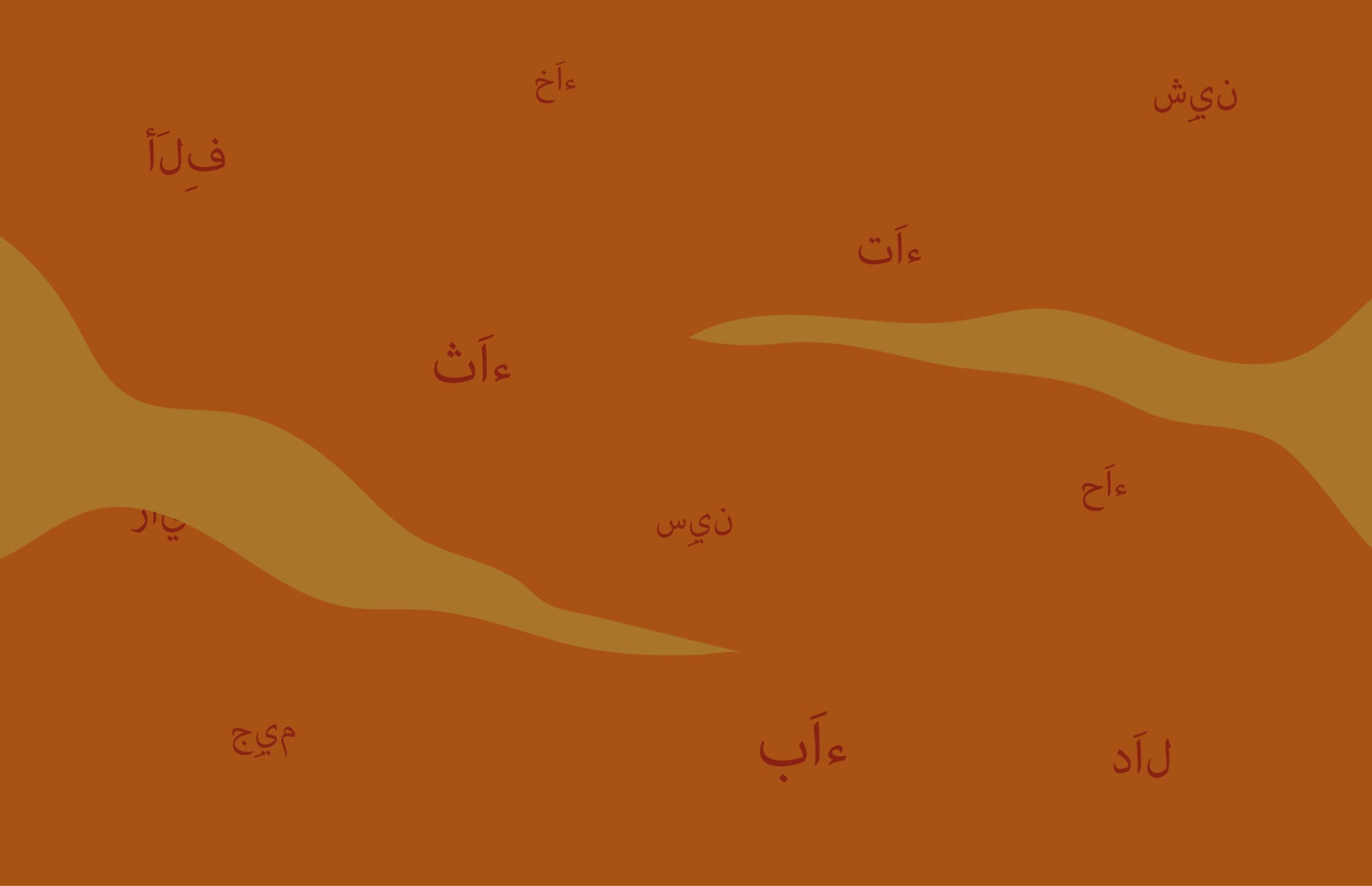I have never spoken to my grandmother. Not because she lives overseas, nor because she is dead. I have never spoken to my grandmother because we do not speak the same language. I could not tell you one thing about her life, or her interests, or her passions. I could not tell you why she is sick today. And I could not tell you how she felt when she buried my grandfather. We speak in the language of hugs, kisses, and laughter. But, after twenty years, hugs from a grandson who cannot begin to explain why he loves you surely start to lose their warmth.
Throughout my life, I have been present for many of the tragedies my family has faced. I have seen parents bury their children, and I have witnessed women kiss their husbands for the last time. I have felt the room grow humid with the moisture of despair, and listened carefully to the lamentations of today’s widow or widower. I try, and try, and try, to hear what they are begging God for. It may as well fall on deaf ears. If I could speak Arabic, I would right my wrongs. I would tell my grandmother I love her. I would comfort the grieving. Maybe it is a fantasy, but one day I hope that they know Lebanon is not lost. I hope that one day they know there are Lebanese people here: not the imposter I declare as myself, but feasible Lebanese people who exist as more than simple parodies of their lost loves.
Both of my parents speak English. They also speak Arabic. They speak Arabic when they don’t want me to know what they are saying. They speak Arabic when they are speaking critically of me. They speak Arabic when they don’t want my input or recognition. Sometimes they lapse into English, or I catch on the Arabic word for ‘teacher’ or ‘school,’ and they are forced to confront the mess. Those moments are anything but clarifying: guilt swarms my mind and accuses me of the trespass I knowingly committed.
They were meant to teach me Arabic. It is hard not to feel betrayed by their heedlessness. It is harder, still, not to interpret their actions as malicious. A barrier has been cast between my generation and the rest, drawn by the ones who can now choose what they let through. They decide what I know of my grandparents, and they craft the likeness my grandparents see of me. For me, family gatherings are a helpless cacophony of anxiety. Where I am a fugitive in the master’s house, my name, actions, and sentiments are at the disposal of the master’s tools: worked however they see fit.
Here, I feel guilt, shame, and fear. To most readers, I whine too much. To the sympathetic listener, it’s bad luck. Why don’t I do more? Why didn’t Mum and Dad do more? In part, we must come to grips with our own laziness, and I promise the critics that for that, I am eternally ashamed. But, I should also be fairer on my parents. Arabic, in this country, is the language of terrorism. It seems, a perennial beauty, spanning continents, has been arrested, too, in the waters off Indonesia. When Australian sons and daughters slaughter Arab children, the world should shudder. We don’t. If we were to hear their pleas for life, the average Australian probably feels justified in their violence, for they know that they are extinguishing the sounds of terror. Say ‘shit,’ ‘fuck,’ and ‘cunt,’ as many times as you want in this country, because every single Arabic word will always supersede your pejorative. And no one wants to raise the child who swears too much in school.
I write to try and see past my own anger. There has to be a set of reasons why children unable to speak their ancestor’s language feel a failure. For me, it begins with a responsibility to ameliorate the oppression members of the Arab world experience. We heard from Audre Lorde that no woman is free whilst any woman remains unfree. The same is true here: there is no freedom in my privileged life as long as those left behind continue to endure never-ending war. Undoubtedly, I feel I have an obligation to enhance the lives of all Arabs, in whatever way I can.
This obligation, one I hold dear to my heart, is another cause of the angst surrounding my inability to speak Arabic. How can I be a representative of the community when I share so little with them? When I cannot understand their cries or prayers? A Brown man speaking English is only a stone’s throw from a White man speaking English. It would be criminal to blindly speak on their behalf. It would, too, be criminal to stand by and see our homeland devastated for another hundred years.
A larger sensation also burdens me. I will be the first of my family not to speak Arabic. Thousands of years of lineage ends with me. This is an evil not imposed by settlers or colonists, but rendered by my inaction. No child of immigrants want to be their parents’ Uncle Tom. The guilt of this reality is tricky to comprehend, and compounds our failing obligations to the wider community mentioned prior.
I don’t know how to feel better.
There is, of course, a timer on this discourse. One day, my family will die. I will have to ask the priest for a bilingual funeral, and I will need to read my eulogy in English. I will have failed. I hope my throat catches on the last words I speak to them. I hope that my voice trembles and my eyes water as I sing for their memory to be eternal. That way, at least, my actions might speak louder than the words I never knew.





